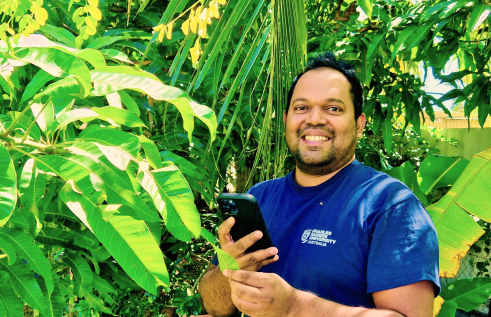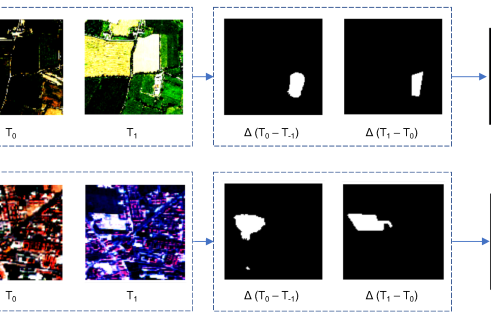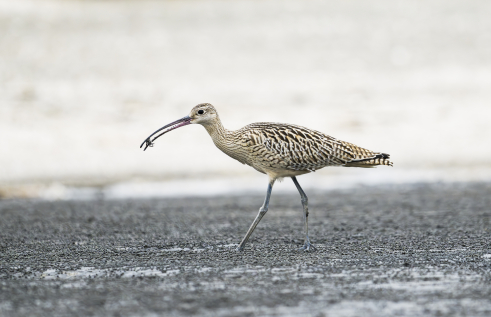News
First Nations knowledge to aid turtle conservation in the Territory
First Nations knowledge and information will aid conservation and kickstart new plans for the management and monitoring of freshwater turtles in the Northern Territory.
A one-day workshop was held with researchers and First Nations rangers this week at Charles Darwin University (CDU) on Wednesday, April 6.
First nations ranger groups have come together to talk about First Nations turtles on their country to inform the listing assessments and conservation advice under the EPBC Act (1999) on whether turtle populations are healthy, how they are cared for, monitored and looked after.
Information shared as a part of the workshop will also aid knowledge sharing in freshwater turtle distributions and health.
There are 10 freshwater turtle species in the Northern Territory, and the workshop focused on the preservation of the Cann's long-necked turtle, pig-nosed turtle and gulf snapping turtle.
CDU researcher Dr Carla Eisemberg said the information gathered from the turtle workshop will impact policy and conservation actions improving long-term conservation goals for freshwater turtles in Australia.
“First Nations people have a vast knowledge of our animals and they should be consulted before any research and decisions about the management of threatened specify in the Territory and Australia,” Dr Eisemberg said.
“There is a lot more research that needs to be done when it comes to the conservation and future protection of freshwater turtles in the Territory.
“Most of these ranger groups are keen to kickstart more turtle research on country, and this workshop is a fantastic way to start these conversations so we can see more research happening in the future across the NT.”
CDU researchers will share their research on freshwater turtles in the Northern Territory which focuses on Freshwater turtles of the Beetaloo basin, metal exposure to the Long-necked turtle in a mine rehabilitation area and the health benefits of freshwater turtles as food and feral animal threats.
The ranger groups will participate in STEM activities as part of a Virtual Reality workshop and a drone workshop. Drones can be used to monitor nesting sites where it is too dangerous to monitor due to the proximity to crocodiles.
Related Articles

Rooting out plant diseases: Are computers ready to run our farms?
Nature is still too complex for artificial intelligence (AI) modelling to be effective, but the tipping point is close, according to a new study that found the technology may still trip at the last real-world hurdle.
Read more about Rooting out plant diseases: Are computers ready to run our farms?
Tech on the treetops: How AI can protect forests
The Artificial Intelligence model was developed to detect changes in forest cover.
Read more about Tech on the treetops: How AI can protect forests
Volunteers protected Darwin wildlife for 50+ years, but new research suggests it’s time to stop winging conservation efforts
Volunteers have shouldered the burden of shorebird conservation in the Top End for more than half a century, but new research from Charles Darwin University (CDU) suggests it’s time for the government to take responsibility for all of the Northern Territory’s residents – including those with wings.
Read more about Volunteers protected Darwin wildlife for 50+ years, but new research suggests it’s time to stop winging conservation efforts
